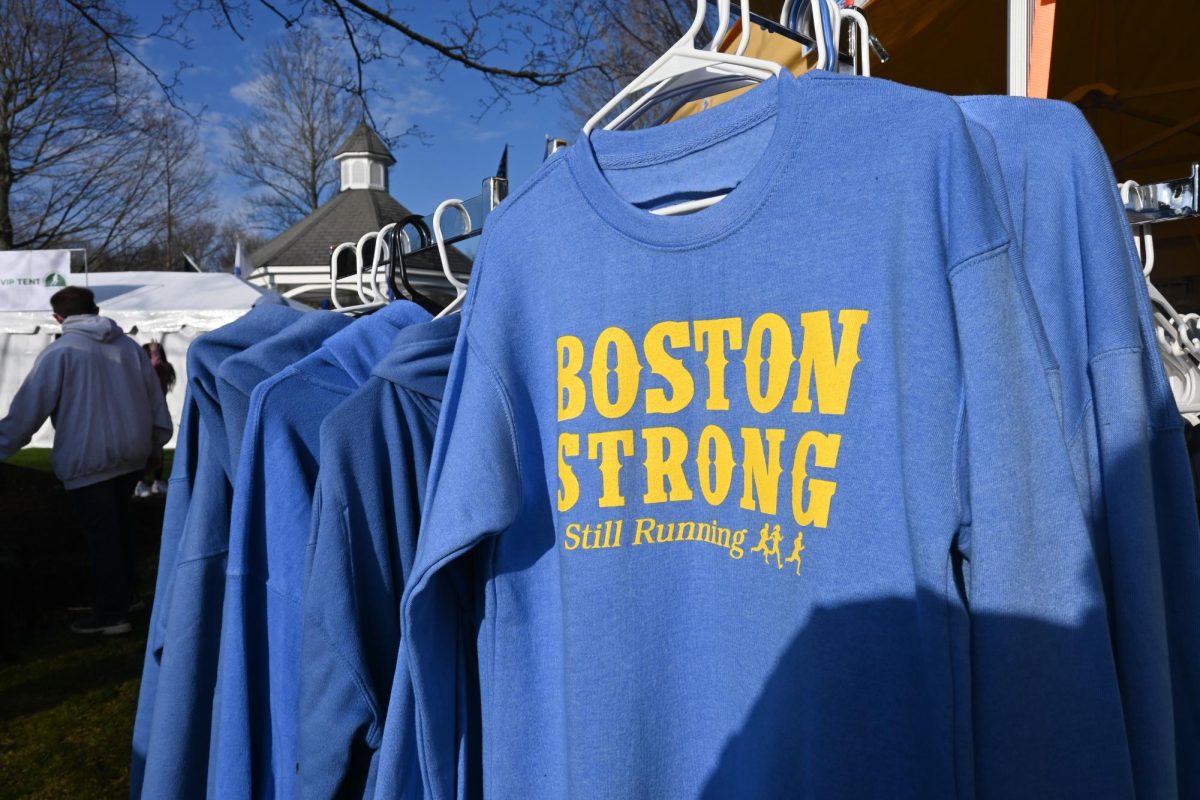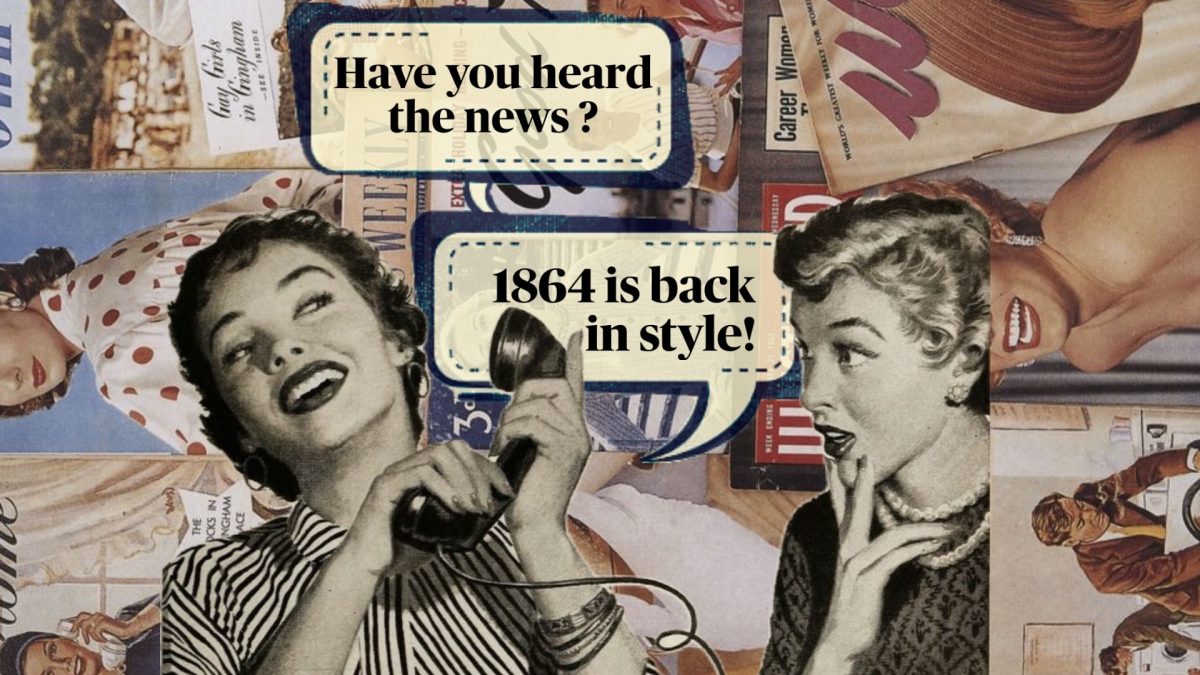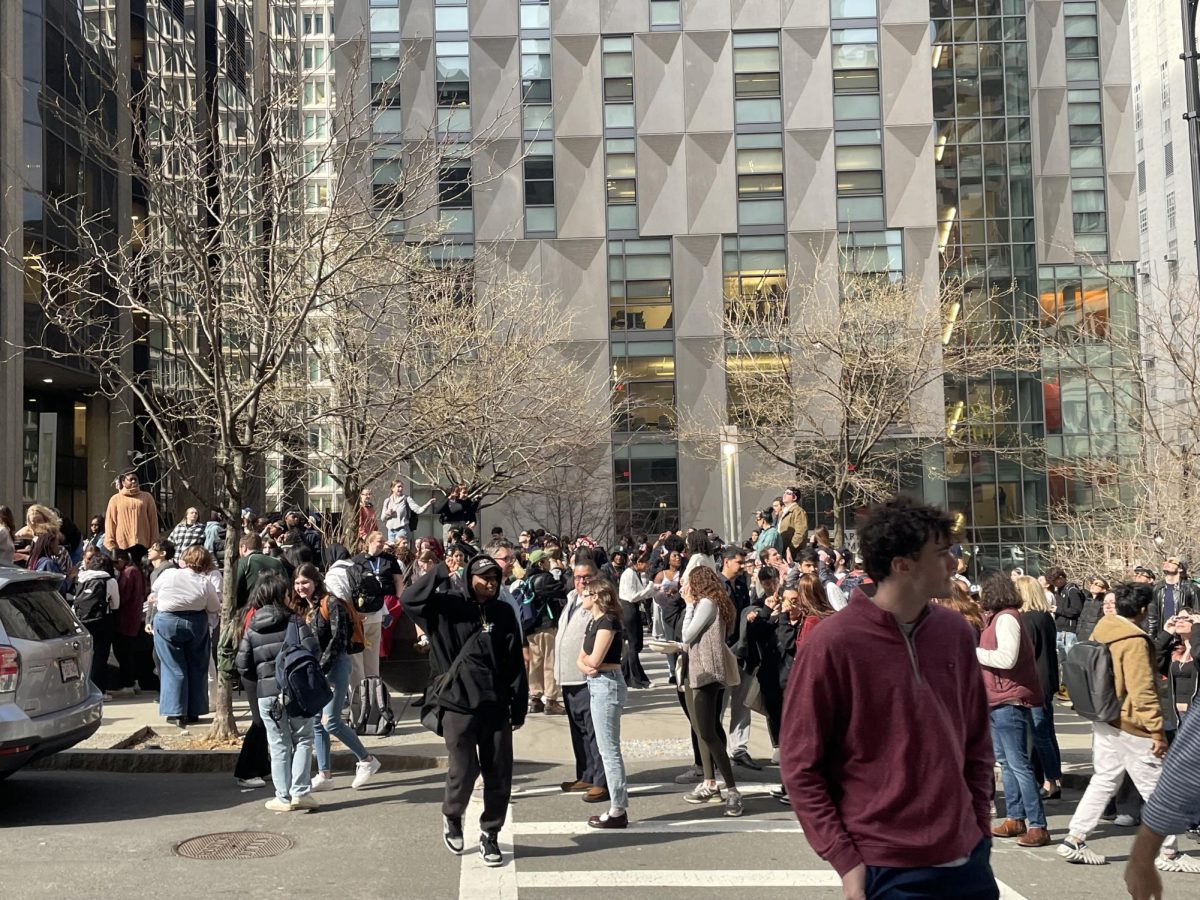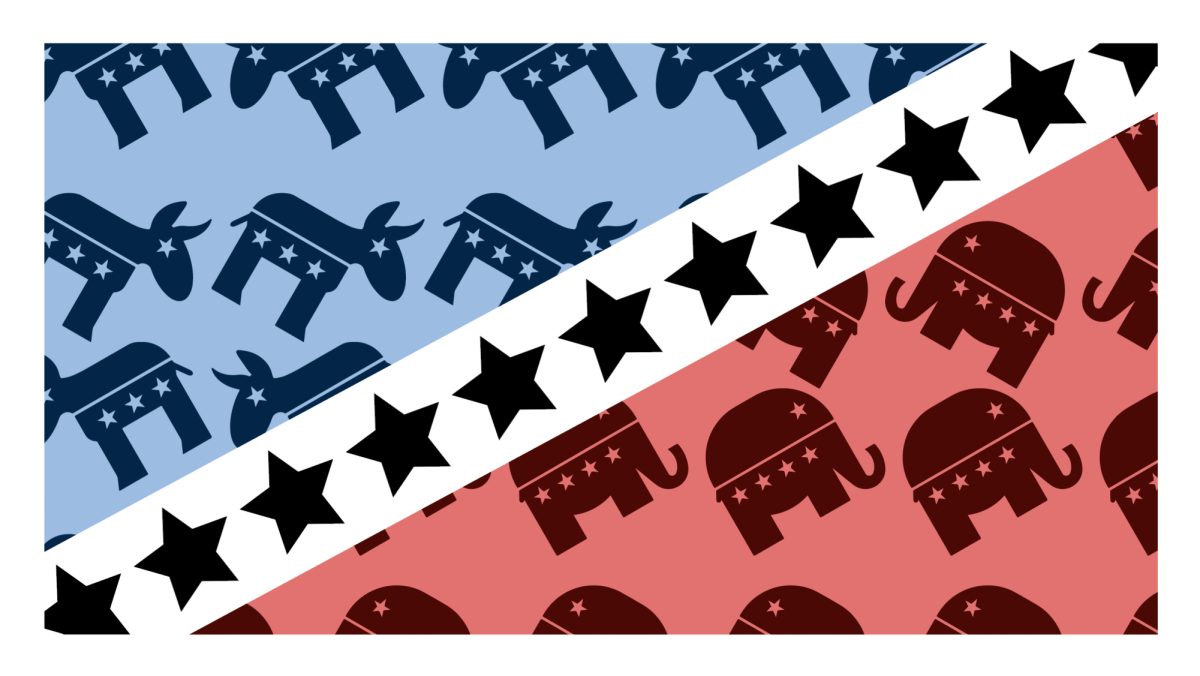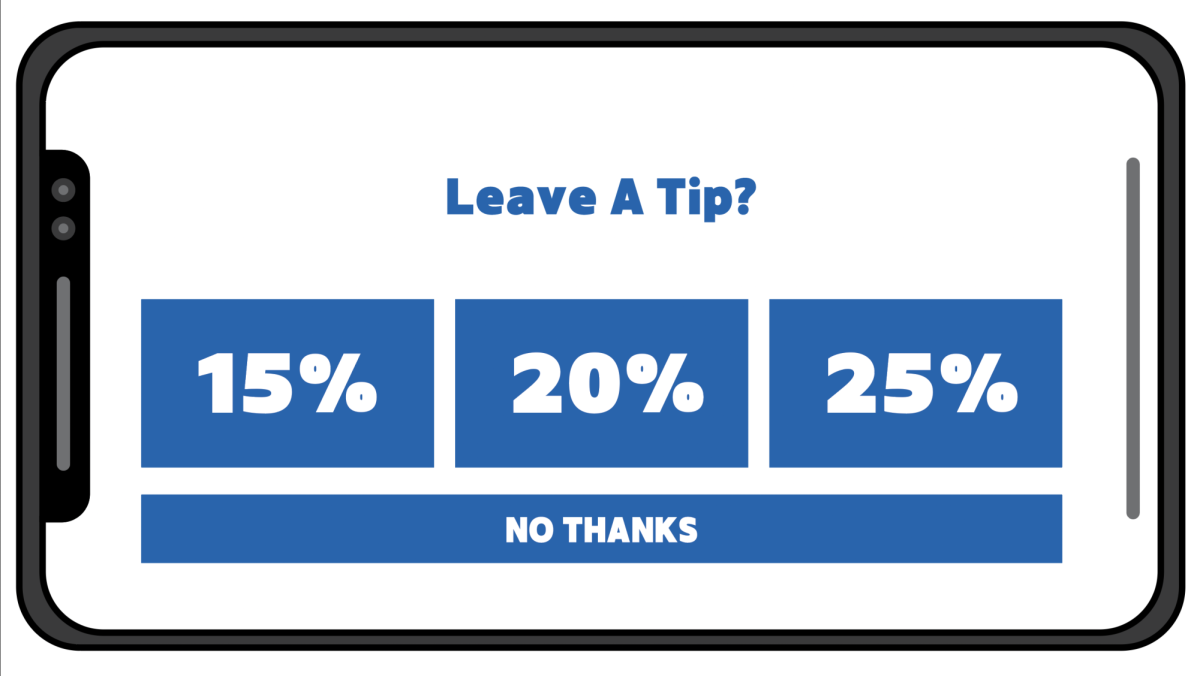“We don’t let animals suffer, so why humans?” A basic but infinitely poignant remark from theoretical physicist Stephen Hawking as he talked to BBC last week, changing his former stance on euthanasia. “There must be safeguards that the person concerned genuinely wants to end their life and they are not being pressurised into it or have it done without their knowledge or consent as would have been the case with me.”
This is a great change from Hawking’s former opinion in 2006 when he said, “I think it would be a great mistake. However bad life may seem, there is always something you can do, and succeed at. While there’s life, there is hope.” Although Stephen Drake, a research analyst for the disability rights group Not Dead Yet said, “In fact, it’s a myth” that we don’t let animals suffer. “First, it ignores all the reality of factory farming and what we do to obtain meat. Those are anything but humane conditions.”
Let me start by saying that I understand this is a hot button issue. We’re talking about the right to have an existence and I am grateful for that every single day. Even the days that are soul-crushingly unbearable. As humans, we have the right to choose how we live our lives. If someone is living in a situation that turns their own body against him or her, and they feel that they are ready to leave, then it is his or her own decision.
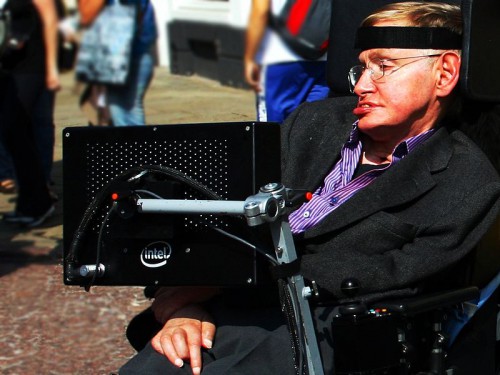
(Photo courtesy of Wikimedia Commons)
Almost any response to my statement would be the formulated attempted at trying to disarm someone, “What if it was you in that position?” Well, if it was me in a situation, I guess I would have to try living that life out first. If I had a disease that decayed me at a rapid rate—well, that would be something to think about.
In 2009, I spent time with my family in a rehab hospice facility. My grandmother had been battling cancer, and it was a defining moment for me. Cliché as it might be, nothing will set a person down an existential questioning path like confronting mortality. My grandmother still possessed every personified attribute when she entered the facility. She would still crack jokes, she would still watch “Law and Order”, and everything just felt routine, like clockwork.
As the cancer spread, the outlook of the situation began to look bleak. She was awake less and less to the point where even when she was awake, her communication was barely audible at best. She became a shell of her former self, and I hated that such an awful thing happened to her. I remember thinking that if I were ever to slip into such an entropic situation, I would never want to let it get to that point.
I think the Right to Die campaign has made great strides overcoming religion, politics and the witch hunt against Dr. Jack Kevorkian (or as the media bequeathed him, “Dr. Death.”) The world that we live in is making progress, step by step, in acceptance of the movement.
There are still struggles though, like that of Tony Nicklinson. He suffered from locked-in syndrome following a stroke and then lost a high court case that would have allowed someone to help him die at home. Nicklinson then refused food and declined rapidly after contracting pneumonia and died last August.
If the best interests of those who cannot help themselves are put first, then we can realize it’s not about ending life; it’s about ending suffering.


